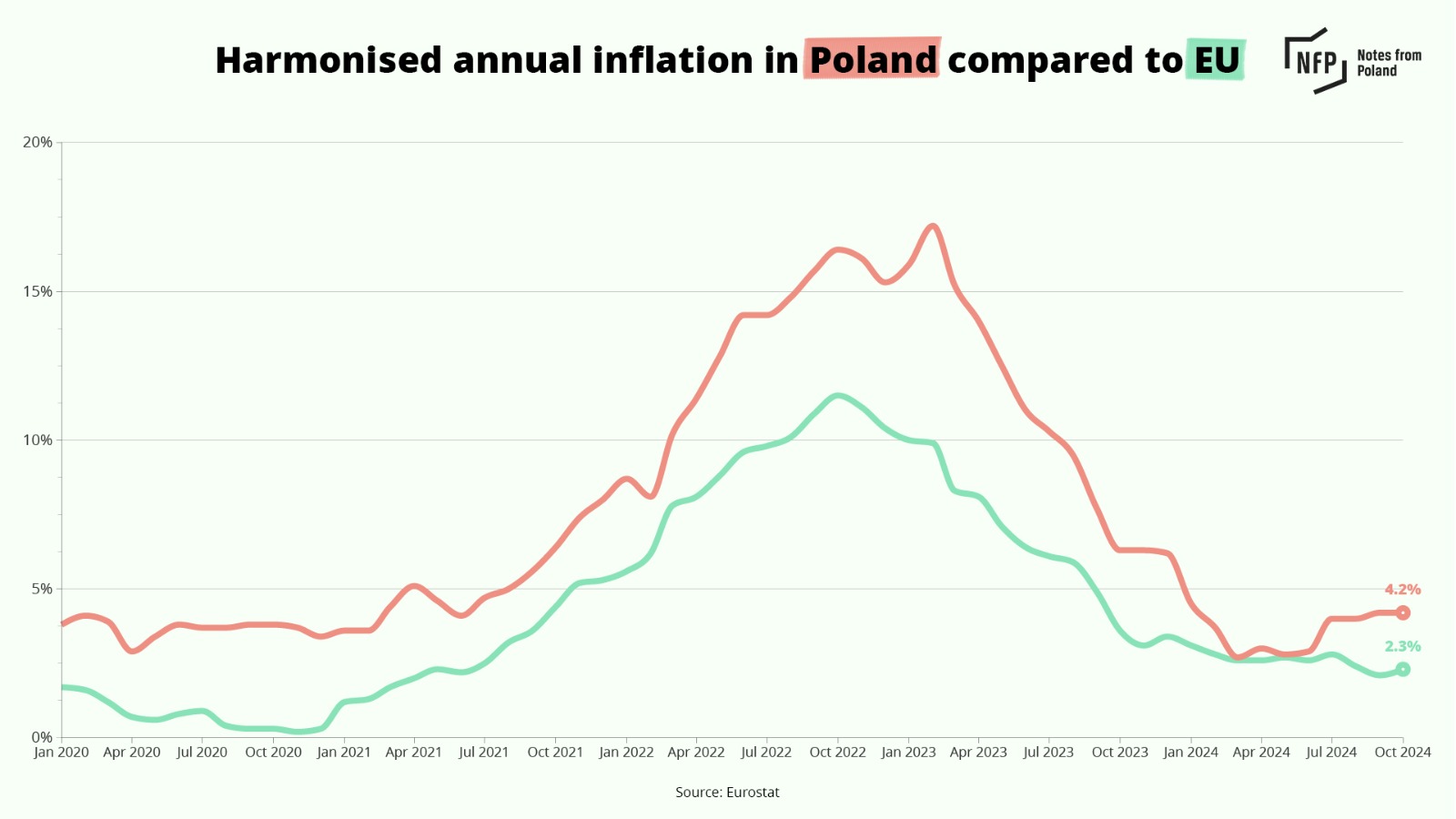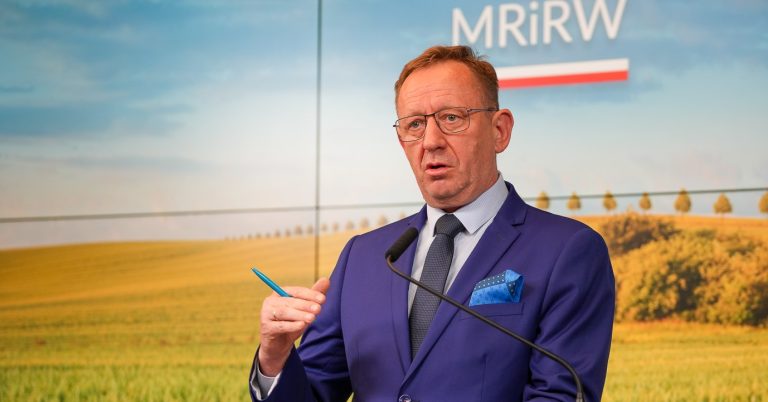Polish government releases strategic butter reserves

Keep our news free from ads and paywalls by making a donation to support our work!
Notes from Poland is run by a small editorial team and is published by an independent, non-profit foundation that is funded through donations from our readers. We cannot do what we do without your support.
The Polish government has announced that it is releasing 1,000 tonnes of butter from its strategic reserves in response to price rises. The cost of butter has recently become the subject of a political dispute, with a poll today indicating that over half of Poles blame the government for the situation.
In an announcement on Tuesday morning, the Governmental Strategic Reserves Agency (RARS) noted that “the price of butter has recently increased significantly on world markets, which is primarily the result of a shortage of milk”.
“This situation has also affected Poland,” added the agency, which operates under the authority of Prime Minister Donald Tusk’s office. So “in order to stabilise the situation on the market, RARS has announced a tender for the sale of large quantities of butter”.
📰 KOMUNIKAT | W ostatnim czasie na rynkach światowych znacznie wzrosła cena masła, co jest przede wszystkim efektem niedoboru mleka. Sytuacja ta dotknęła także Polskę. Aby ustabilizować sytuację na rynku, Rządowa Agencja Rezerw Strategicznych ogłosiła przetarg na sprzedaż dużych… pic.twitter.com/vHzggciL7J
— Centrum Informacyjne Rządu (@KPRM_CIR) December 17, 2024
What that means in practice is that the agency wants to sell around 1,000 tonnes of frozen unsalted butter in 25 kg blocks with a minimum sale price of 28.38 zloty (€6.65) per kilogram. The first bids – which must be for a minimum of 20 tonnes will be accepted on 19 December.
RARS notes that the butter sold comes from its own reserves, which “are created to maintain the continuity of supplies necessary for the functioning of the economy and meeting the basic needs of citizens”.
The price of butter has become a major talking point since last week after Rafał Trzaskowski, the presidential candidate of Tusk’s party, Civic Platform (PO), mentioned it during a speech outlining the main priorities for his campaign.
“Ten zloty for a stick of butter – that is what [Adam] Glapiński has brought about,” said Trzaskowski, referring to the central bank governor, who was appointed under the former Law and Justice (PiS) government. “I will not allow it!”
A stick of butter in Polish shops usually weighs 200 grams, which means that the price for a kilogram of butter in some shops currently surpasses 50 zloty.
However, opposition figures have noted that, by the time they left office at the end of last year, inflation – which had previously hit a 25-year-high of 18.4% in March 2023 – was in rapid decline.
Since July this year, when the Tusk government partially unfroze energy prices, inflation has begun to creep up again to one of the highest levels in Europe.

During a press conference last week, PiS chairman Jarosław Kaczyński appeared alongside a safe that he subsequently revealed contained butter. He called it a “grim symbol of this government: inflation, high bills, people forced to take crippling loans”.
In a poll by the Instytut Badań Pollster agency for the Super Express daily published today, Poles were asked who is to blame for recent rises in the prices of butter. Just over half, 52%, pointed to Tusk, while 20% said Glapiński and 14% named Kaczyński.
Deputy agriculture minister Michał Kołodziejczak, however, told the newspaper that the government is not responsible for the situation, which he said was largely the result of lower milk production in western Europe.
„Masło w sejfie” byłoby śmieszne, gdyby nie było straszne. Niestety, to ponury symbol tego rządu. Drożyzna, wysokie rachunki, ludzie zmuszani do lichwiarskich pożyczek – a rządzą dopiero rok. Wrócił Tusk, a z nim bieda. Czy wróci największa hańba III RP czyli głodne dzieci?… pic.twitter.com/0kkPp1763P
— Jarosław Kaczyński (@OficjalnyJK) December 9, 2024

Notes from Poland is run by a small editorial team and published by an independent, non-profit foundation that is funded through donations from our readers. We cannot do what we do without your support.
Main image credit: Platforma Obywatelska/Flickr (under CC BY-SA 2.0)

Daniel Tilles is editor-in-chief of Notes from Poland. He has written on Polish affairs for a wide range of publications, including Foreign Policy, POLITICO Europe, EUobserver and Dziennik Gazeta Prawna.






